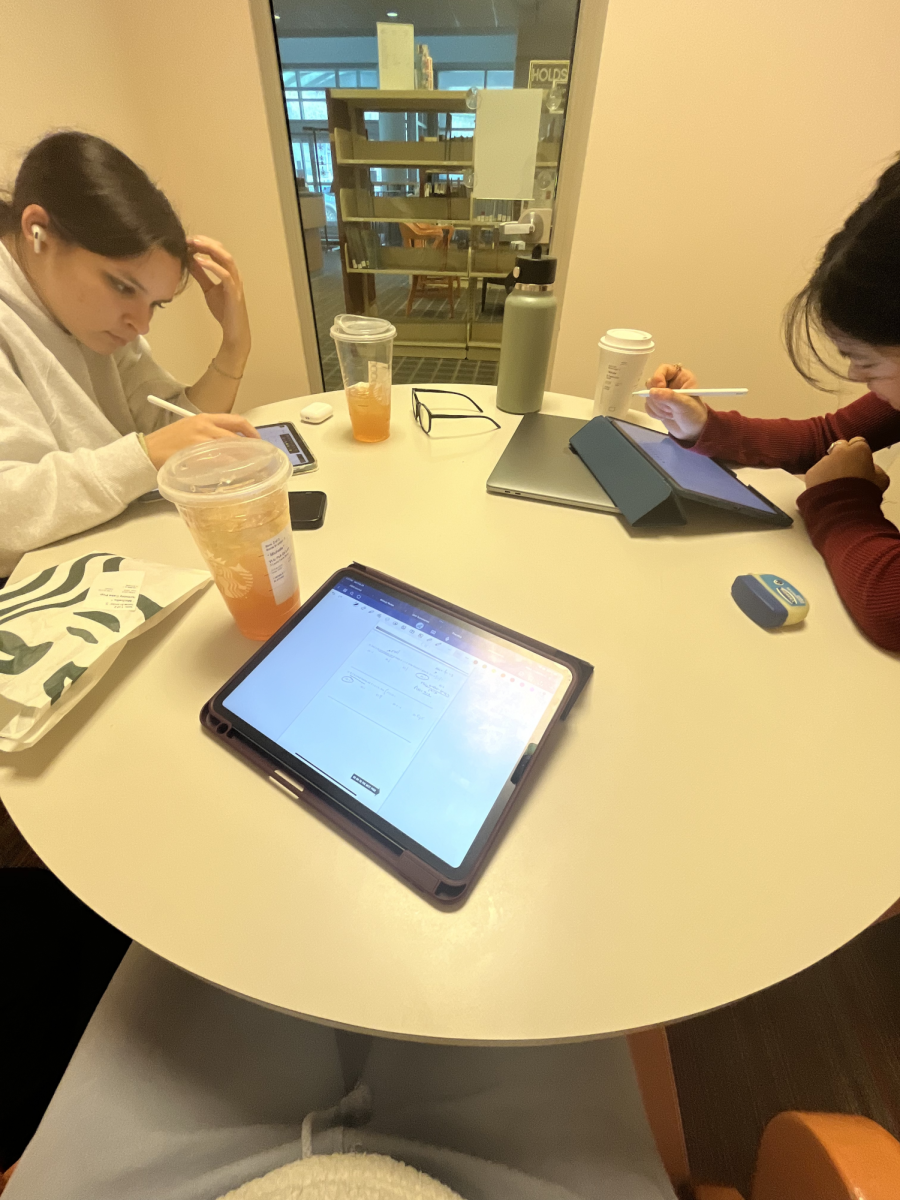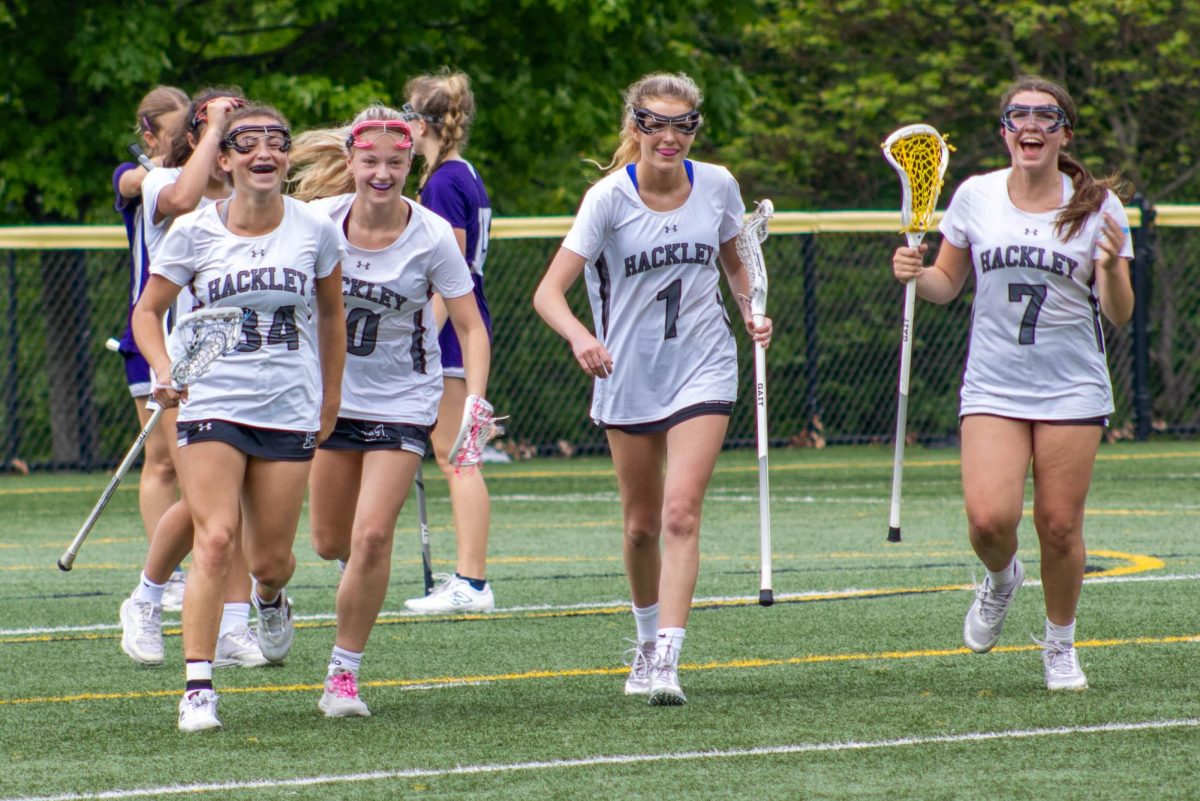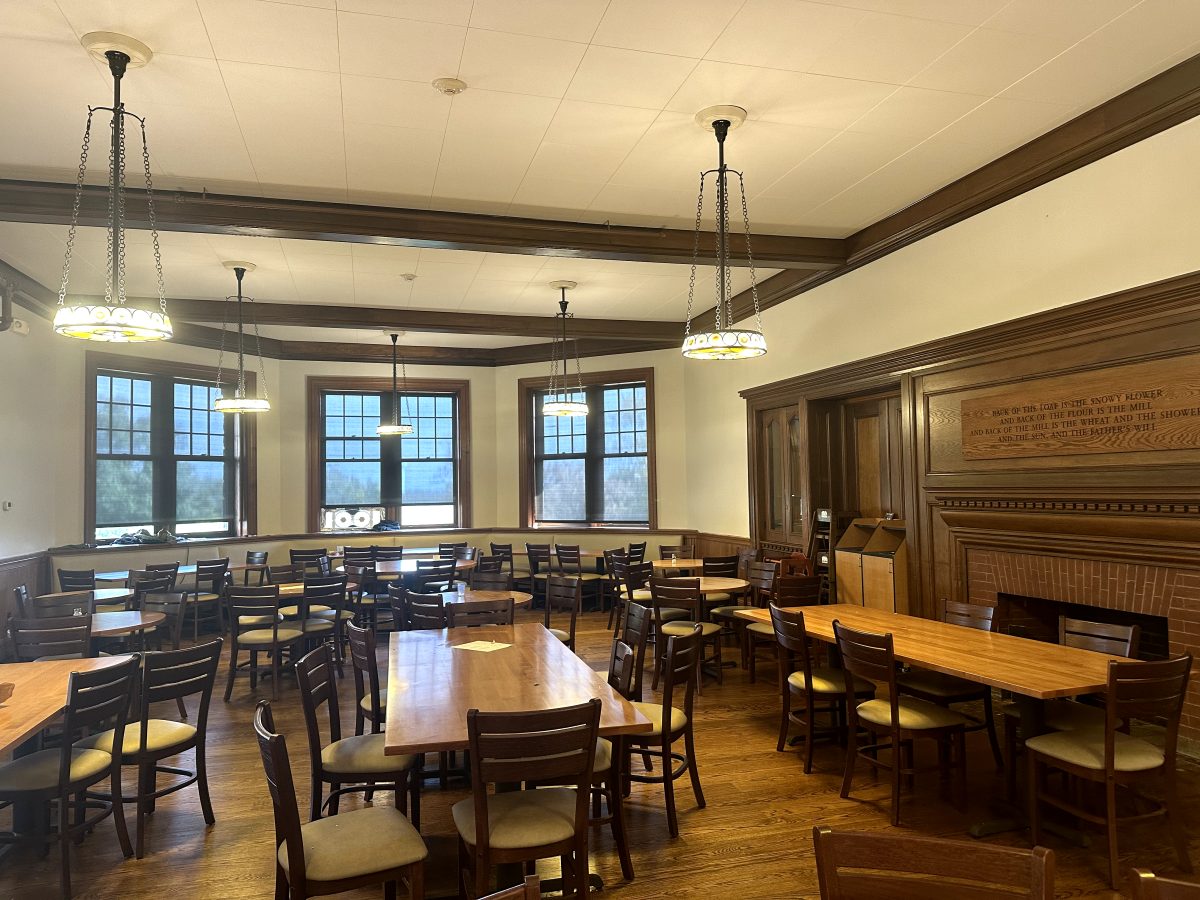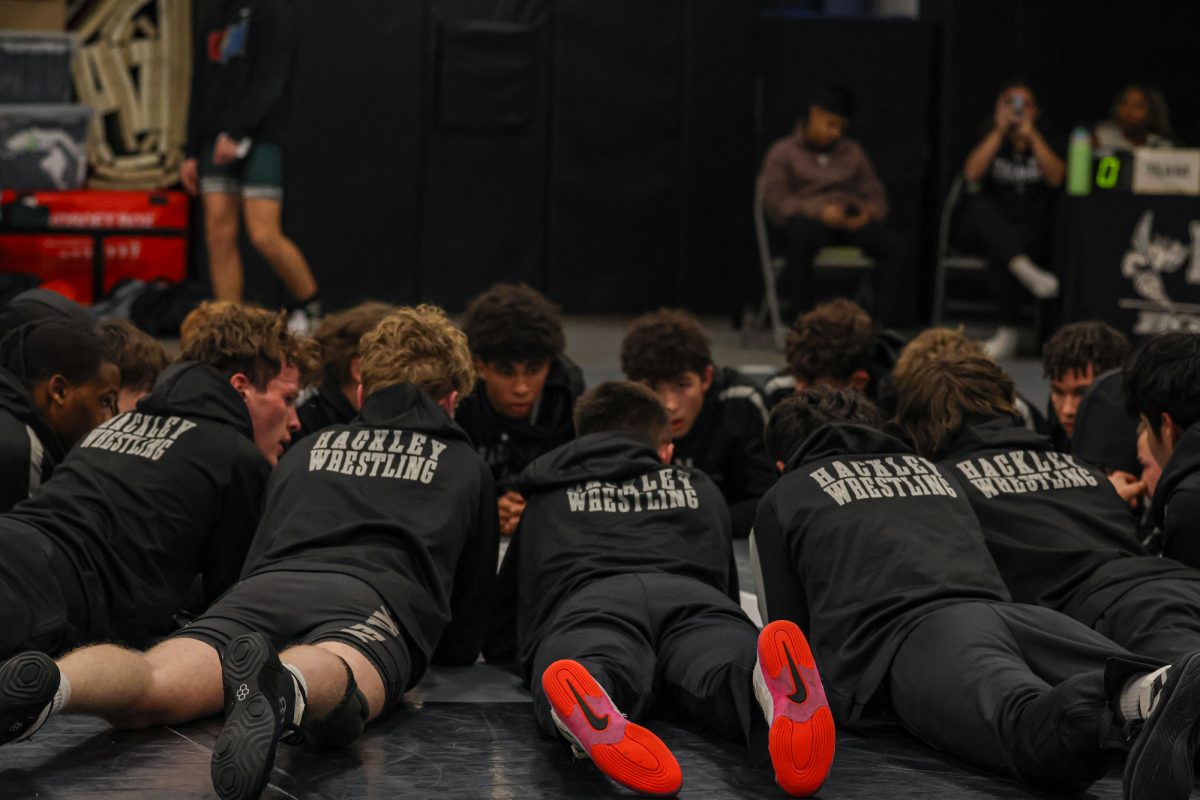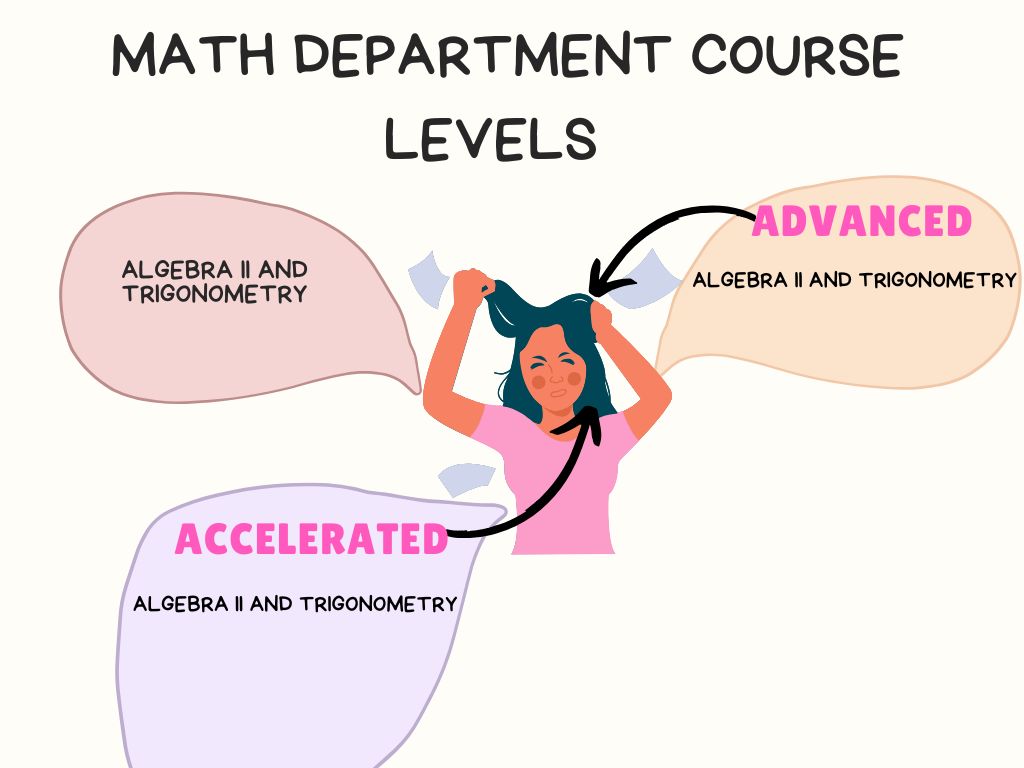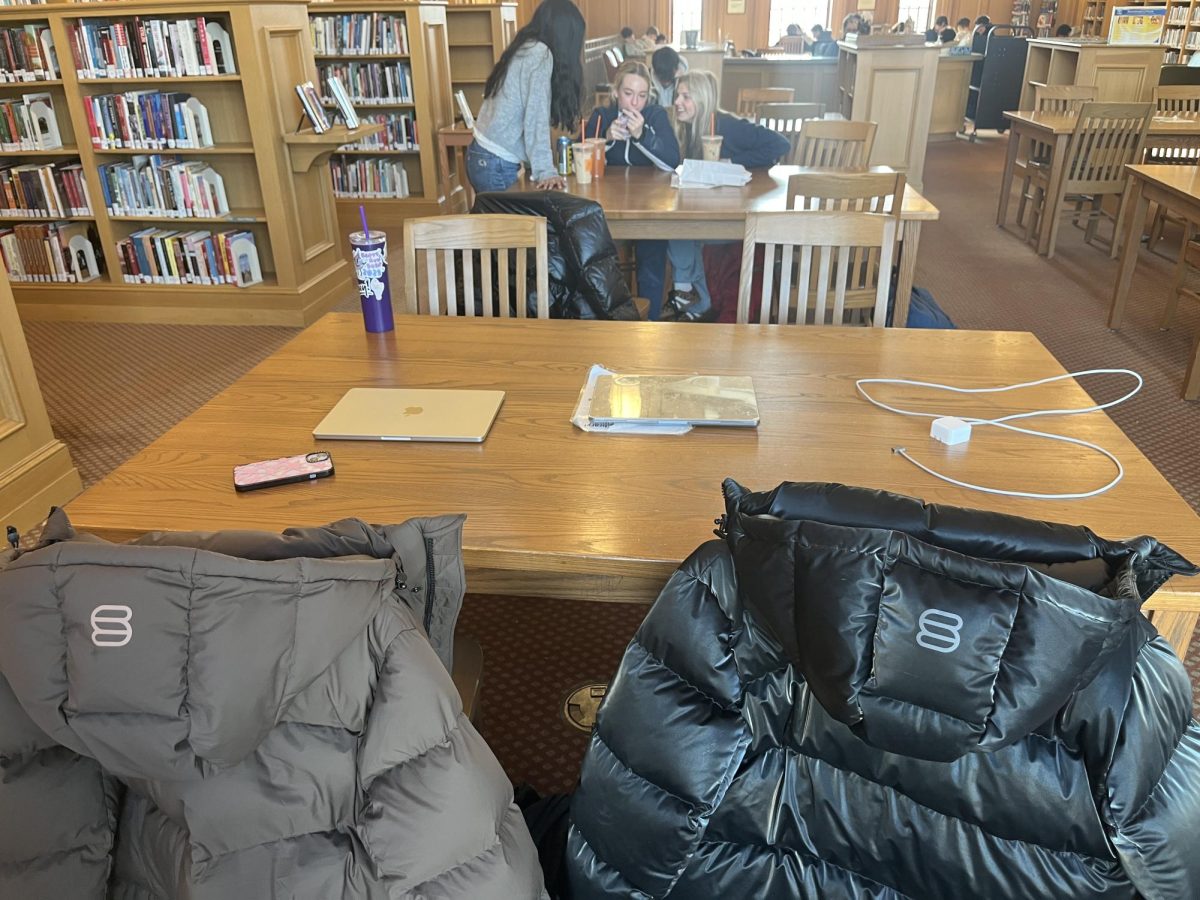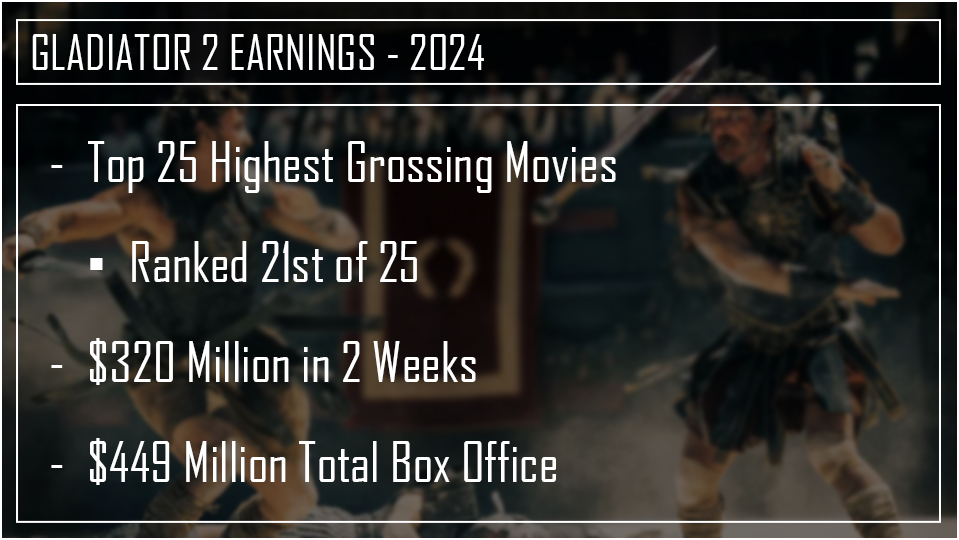Imagine sitting down at your desk, multiple binders and notebooks scattered before you. Loose pages of notes from various subjects are spread around the room. You end up sitting there contemplating where to start and before you know it, 15 minutes have already passed.
With months of information to relearn, where should you start? Do you begin studying now or take a risk and pull an all-nighter before the test?
It’s been about a year since most students took their last midterm and some students are taking one for the first time, so many students are wondering how they should go about studying for them. To perform their best on all of the exams, students should take into account the three most important practices: studying, caring for oneself physically, and caring for oneself mentally.
There are many support systems set in place to help students during this stressful practice. Upper School Counselor Katya Ostor is always willing to help students who are struggling with anxiety or mental health issues, which are extremely common during a time like an exam season. Additionally, Upper School Learning Specialist Jenn Herlihy holds study sessions and meets with students to discuss how to best approach studying based on their needs.
History Department Chair Christopher Loomis suggests active studying not only in preparation for history exams but for all subjects. Mr. Loomis believes that active studying helps students the most when it comes to synthesizing information and truly understanding the concepts. Active studying requires critical thinking and writing skills. He suggests making flashcards, rewriting notes, creating outlines, and writing timelines as a few practices for active studying. 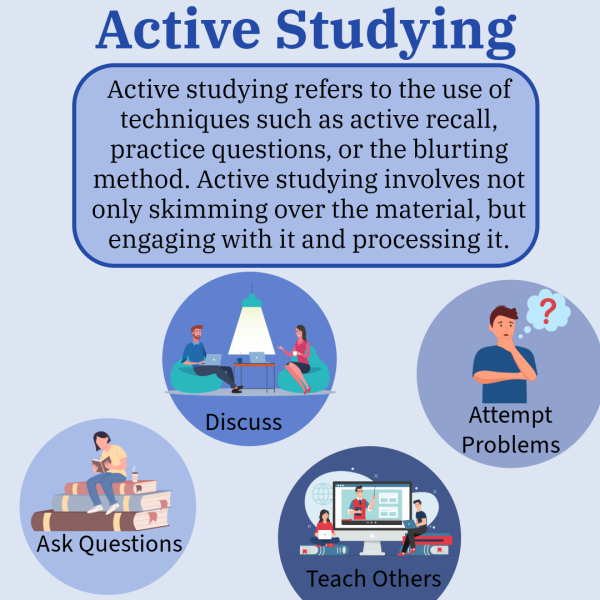
For history exams, students must draw on their knowledge of different time periods and eras, so it is important to see how different concepts intertwine across units. For example, in 20th Century World History, democracy and its challenges are themes that appear across multiple units. In US History, themes like race and slavery appear in practically every unit. For History 9, the assessment of short-term and long-term causes for social events, as well as the concept of causation as a history research skill, are topics that resurface in many units. Understanding phenomena over time will be helpful when studying and picking out what are the most relevant topics for the history exam.
Math Department Head Diana Kaplan not only heavily recommends active studying and re-reading notes, but also rewriting notes and re-trying problems. She explained that the students who typically fall short on the exams are those who define studying as simply looking over notes and previous assessments and deem that as proper preparation.
Ms. Kaplan also added that attempting random problems from past homework or assignments is typically ineffective, as students tend to subconsciously choose problems that they feel more comfortable with. Students should be focusing on what they don’t know to be more prepared for the midterm. She believes that looking at unit tests could prove helpful, as the midterm is only 90 minutes long and can only assess the main topics and ideas from each unit.
Science Department Head Melissa Boviero and her colleagues also emphasized the importance of active studying and completing problems. Science exams require an understanding and recollection of vocabulary, so students should not neglect that aspect when studying. Similar to the advice for studying History exams, Ms. Boviero emphasized the importance of being able to synthesize information across multiple units. Across the board, exams require students to not only recall the material but to understand it to the extent that they can relate information from different units.
Ms. Ostor believes that one of the most important aspects of academic success and the studying process is perspective. To see exams as a daunting scary task will hinder your ability to remember and fully understand concepts. Instead, try thinking of them as an exercise and opportunity to demonstrate your knowledge of the information you do know. There is no reason to feed into negative thought processes as exams do not assess any new information and are all concepts you have learned before.
If it gives you any peace of mind, think about how exams are not worth nearly as much as they used to be (10% of the overall grade now versus 19% a few years ago). Not only that, but these high school midterms are assessments that can prepare you for midterms and finals later on in your academic career. Ms. Ostor also stressed the importance of taking part in self-care and the significance of sleeping well, eating right, and taking breaks when needed. She said that exercise can be extremely helpful during a stressful period like this for both your body and mind and time with friends can break up the immediacy of such stress. Students should not be studying for hours on end as it isn’t effective or healthy.
Specifics for Study Success
It is important to understand that studying looks different for every student. There are a few practices that will help all students stay organized and be clear with what is being assessed. Organization can range from simply collecting all past notes, tests, and homework to more specific/individualized practices. These practices could be arranging notes based on units/topics or creating a studying schedule to making a master document containing all the information one could possibly need. Hackley exams typically assess all the concepts learned before the date of the exam, but students should verify this with their respective teachers in order to eliminate over-studying or understudying.
It is important to note that while skimming notes the night before a test might work for one student, it might not be effective for another. For this reason, it is important to cater studying practices to your needs and the way you retain information best.
For reading/writing type learners, some effective studying methods are:
- The Feynman Technique: First, pick a specific concept that you want to solidify your knowledge of, be specific, as you can repeat this method for different concepts. Pretend to explain all the information you remember to someone who has never learned the concept before. Oversimplify all you know when explaining. If you feel this step would be ineffective for you, instead, try writing down all the information you know about the topic and explaining it simply. Next, go over all the topics or concepts that you missed and use your resources to check what you missed. Then, create analogies for the concepts you missed and simplify them as much as possible. Repeat this process over and over until you can readily explain the concept to anyone.
- Active Recall: This technique is similar to the Feynman technique as it promotes retention through repeated practice. First, review notes and other resources containing the information being reviewed or assessed. Next, put away all notes, textbooks, or flashcards and write down everything you remember from the start. Review your notes, and add what concepts or ideas you missed. Repeat until you have successfully remembered all the ideas within a topic.
- The PQ4R System: The PQ4R system is a 6-step process which is an acronym. Preview, Question, Read, Reflect, Recite, and Review. First, skin over any notes or concepts being assessed. Then, ask yourself what you already know and focus on what you do not know. After, thoroughly reading about the concepts you are unfamiliar with or uncertain with. Reflect on concepts you still do not remember or understand entirely. Recite the definitions for the concepts that you are not entirely familiar with until you can recite them in your own words. Next, review what concepts you have learned and then repeat the process.
- The SQ3R Method: This is a reading comprehension method similar to the PQ4R system. This acronym stands for Survey, Question, Read, Recite, and Review. First, start off by surveying a text, seeing what concepts are discussed or addressed, identifying its structure and purpose, and overall skimming the text. Next, write down any preliminary questions you have just from skinning over the text. Read the text in-depth and make annotations or highlight important information. Then, recite by summarizing what you have just read in your own words. After that, review the chapter and answer the preliminary questions you had written down. Repeat this for each chapter of a textbook until you have finished.
- Leitner System: This system uses flashcard studying. Start off with three different boxes with all your flashcards in the first one. About a week or more before your exams, start going over the flashcards in small sections; for the ones you get right, move them up to the next box. A few days later review the flashcards again and move the ones that you get right to the next box and the ones you get incorrect to the first box. After that, focus on the flashcards in the first box, specifically memorizing them and moving them to the higher-level boxes. As you progress toward the date of the test, review all the boxes until the flashcards are entirely memorized.
- Pomodoro Timed Studying: This technique promotes focus and productivity and can be used for homework assignments or studying. This method involves setting a timer for twenty-five minutes and working through those twenty-five minutes with no distractions or breaks. Then, take a five-minute break to stretch, get water or a snack, or use the restroom. Repeat this twenty-five-minute work period and five-minute break about four times. After the fourth round, take a thirty-minute break. Repeat this cycle as many times as needed.
For visual learners, some effective studying methods are:
- Creating graphs, charts, or diagrams: This will help you visualize the information you are studying in a way you can understand and are more likely to retain. It can be helpful to white out terms on a diagram and label it yourself, although you can also find blank copies online. To take your studying a step further, you can try recreating these graphs, charts, and diagrams based on memory.
- Online Resources:There are many online resources that contain graphics or visual aspects that can help students who learn best visually or audiblyHelpful resources for such learners include YouTube, Khan Academy, Duolingo, AP classroom (for students taking APs), and IXL. Additionally, ChatGPT can be helpful for explaining concepts, finding resources, and generating practice questions.
-
-
- There are many Youtube channels that help students in varying disciplines
- Math: Khan Academy, TecMath
- History: Khan Academy, CrashCourse
- Biology/Cellular Biology: Bozeman Science
- Chemistry: The Organic Chemistry Tutor
- Physics: Veritasium, PolychoronProductions, and CrashCourse
- There are many Youtube channels that help students in varying disciplines
-
- Color, Color, Color!: Color coding notes can be extremely helpful for categorizing ideas, identifying related topics, and retaining information. When there is so much dense information, breaking it up with color can help exponentially.
- Flashcards: For visual learners, handheld cards should be used over virtual flashcards. The act of writing down terms and their definitions helps with memorization and retention. A bonus of handheld flashcards is that they can be decorated and colored in many ways.
During a stressful time like exam season, it is important to take care of yourself physically and spiritually. Taking care of your mind and body has been scientifically proven to improve productivity, increase retention, and foster high performance.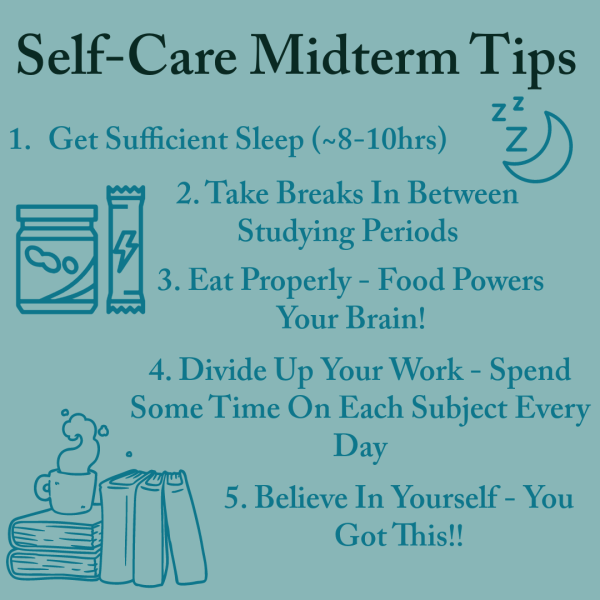
Finally, taking care of your mental health is arguably one of the most significant practices during exam season. What students can do to support themselves is to take breaks, check in with friends/themselves, and practice self-care. Maintaining a positive mindset is vital during a time like this so students should practice telling themselves positive affirmations and do their best to not get discouraged.
The most important takeaway from this article is that it is okay to ask for help and students should even embrace it. With the right mindset and the right effort, anyone can crush their exams.

